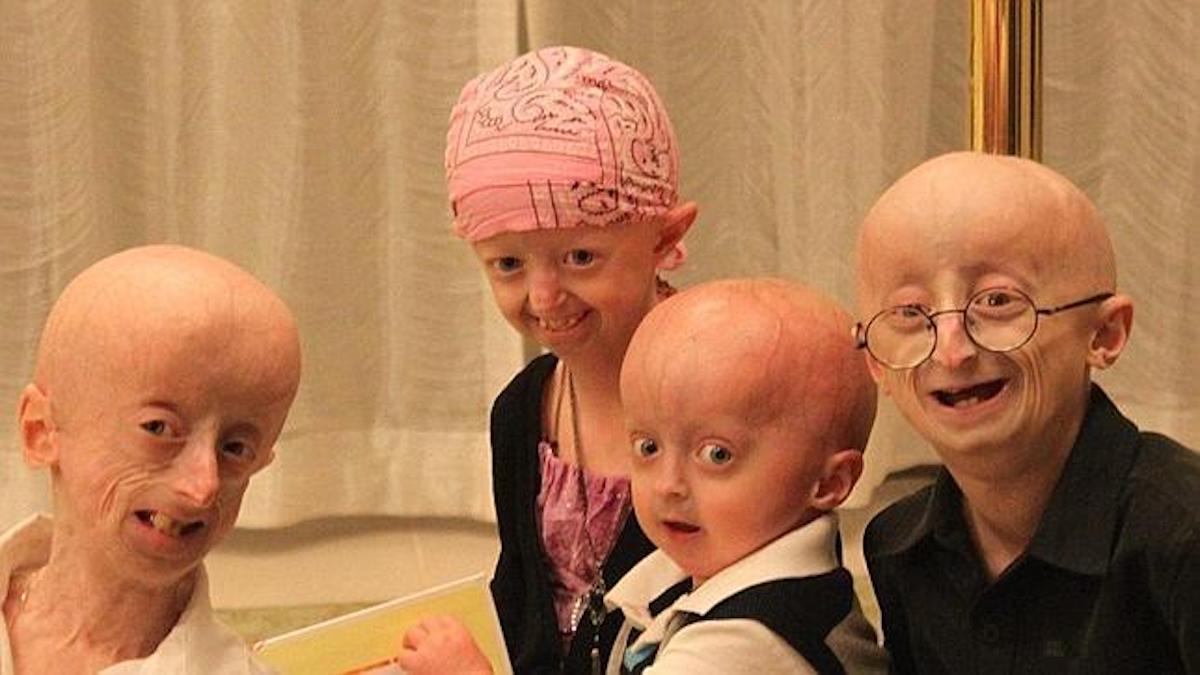Hutchinson-Gilford Progeria

Also known simply as Progeria, about one child in eight million are born with this condition. Sadly, the average life expectancy for individuals with this disease is about thirteen years old. However, some do live to see their twenties. Progeria essentially causes the body to appear to be aging at a rapid rate. Usually Progeria is not genetic; however, in some cases a child with Progeria is born to at least one parent carrying the gene.
Unfortunately, there is no known cure for Progeria. Although some medical professionals have attempted to treat Progeria with growth hormone treatments and even anticancer drugs, there is no evidence that either are successful. It is more often the case that the goal of treatment is to reduce the complications that an individual with Progeria experiences.
More from Things Health
-
Signs and Symptoms of Liver Damage
There are a variety of different causes of liver damage. For some, it is caused by genetics, making an individual prone to it, exposure to…
-
Visual Signs of Poor Health That Should Not Be Ignored
We often think that being diagnosed with an illness such as diabetes, heart disease, stroke or cancer as something that happens out of the blue.…
-
10 Common Symptoms of Having an Anxiety Disorder
What is normal? Sometimes it is difficult to determine when getting nervous or anxious is a normal feeling, and when you might have an anxiety…
-
The Most Common Causes of Atrial Fibrillation
Atrial fibrillation, Afib, is an abnormal heart rhythm, also known as an arrhythmia. Atrial fibrillation is described as rapid and irregular beating of the atrium,…
-
The Most Common Symptoms of Fibromyalgia
Fibromyalgia affects almost six million Americans. It is a pain disorder that influences the musculoskeletal system and alters the way that pain is processed by…






